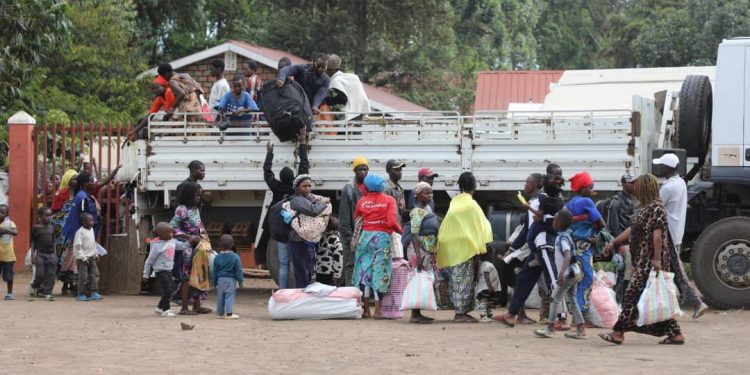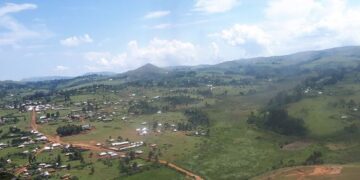Uganda is bracing for a historic milestone as its refugee population approaches 2 million by the end of 2025, solidifying its position as Africa’s largest refugee-hosting nation and the third largest globally. The surge, driven by escalating conflicts in neighboring Sudan, South Sudan, and the Democratic Republic of the Congo, has seen an average of 600 people crossing Uganda’s borders daily in search of safety and aid.
According to the United Nations High Commissioner for Refugees (UNHCR), Uganda currently hosts 1.93 million refugees, with projections indicating the 2-million mark could be reached by December. The country’s progressive refugee policy, which grants refugees the right to live, work, and access public services like education and healthcare, has made it a beacon of hope for those fleeing violence. However, this open-door approach is under immense strain due to severe funding shortages.
“We are witnessing an unprecedented influx,” said Sarah Nalwanga, a UNHCR spokesperson in Kampala. “But the resources to support these vulnerable populations are dwindling. We need urgent international support to sustain basic services.”
The UNHCR estimates that providing essential services, including food, shelter, and medical care, costs $16 per refugee per month. Yet, with only $5 per refugee currently available, aid agencies are struggling to keep up. The World Food Programme (WFP) has been forced to cut food rations for 1 million refugees, with new arrivals receiving just 60% of the standard food basket. This has led to rising malnutrition rates, particularly among children, with some settlements reporting a 20% increase in acute malnutrition cases over the past year.
The funding crisis has also exacerbated social challenges. Reports of gender-based violence have spiked in overcrowded refugee settlements, and mental health issues, including suicide attempts among youth, are on the rise. “The lack of food and opportunities is pushing people to the edge,” said James Okello, a community leader in the Bidibidi settlement, home to over 250,000 refugees.
A recent $2.5 million allocation from the UN Central Emergency Response Fund has provided temporary relief, supporting 42,000 refugees with emergency food and shelter. However, officials warn that these funds will be depleted by September without additional donor commitments.
Uganda’s government has called on the international community to step up. “We are proud to host our neighbors in their time of need, but we cannot do this alone,” said Minister of Refugee Affairs, Esther Anyakun. “The world must share this responsibility.”
As the refugee population nears 2 million, Uganda’s humanitarian efforts hang in the balance. Without immediate and sustained funding, the country’s ability to provide sanctuary for those fleeing conflict could falter, with dire consequences for millions.






